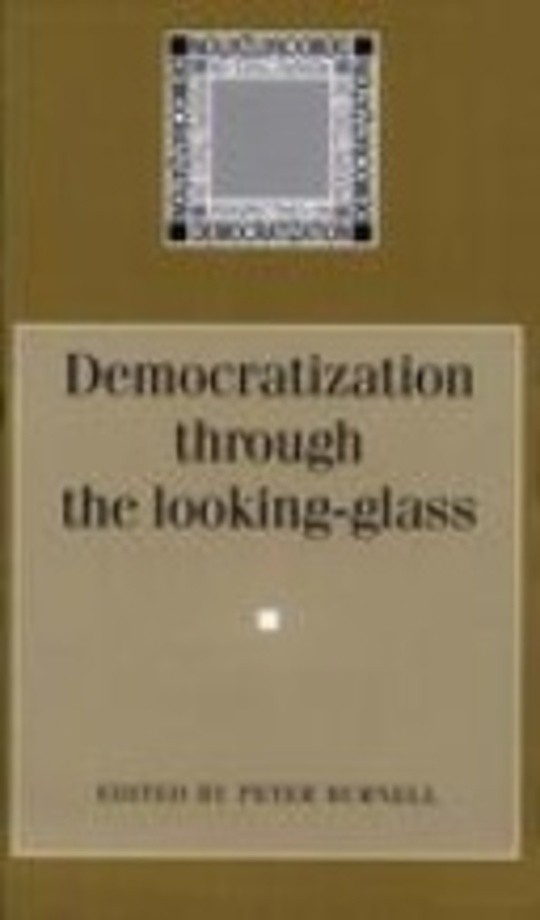
Secularism Or Democracy?
Free
Description
Contents
Reviews
Language
English
ISBN
Unknown
Summary contents
Detailed contents
Preface
Introduction
Part 1: Modern states and religious, sociological and historical considerations: setting the stage
Ch. 1: Secularisation and seperation? Institutional diversity of religious governace
Part 2: Reconceptualising principles and making political philosophy fit for the task of accommodating religious diversity
Ch. 2: Contextualising morality: moral minimalism, relational neutrality, and fairnee as even-handedness
Ch. 3: Priority for liberal democracy or secularism?: Why I am not a secularist
Part 3
Ch. 4: Religious freedoms and other human rights, moral conundrums and hard cases
Ch. 5: Relational neutrality and even-handedness toward religions: softer cases and symbolic isseus
Part 4: Institutional models of democracy and religious governance: associative democracy
Ch. 6: Moderately agonistic democracy, democratic institutional pluralism, associative democracy and the incorporation of minorities
Ch. 7: Normative models of religious governance: associative democracy, a moral defence
Ch. 8: Dilemmas of institutionalisation: associative democracy, church atonomy and equal treatment of religious
Ch. 9: A realistic defence of associative democracy
Ch. 10: Associative democracy and education
Conclusions
Notes
References
Index of Names
Index of subjects
The book hasn't received reviews yet.











